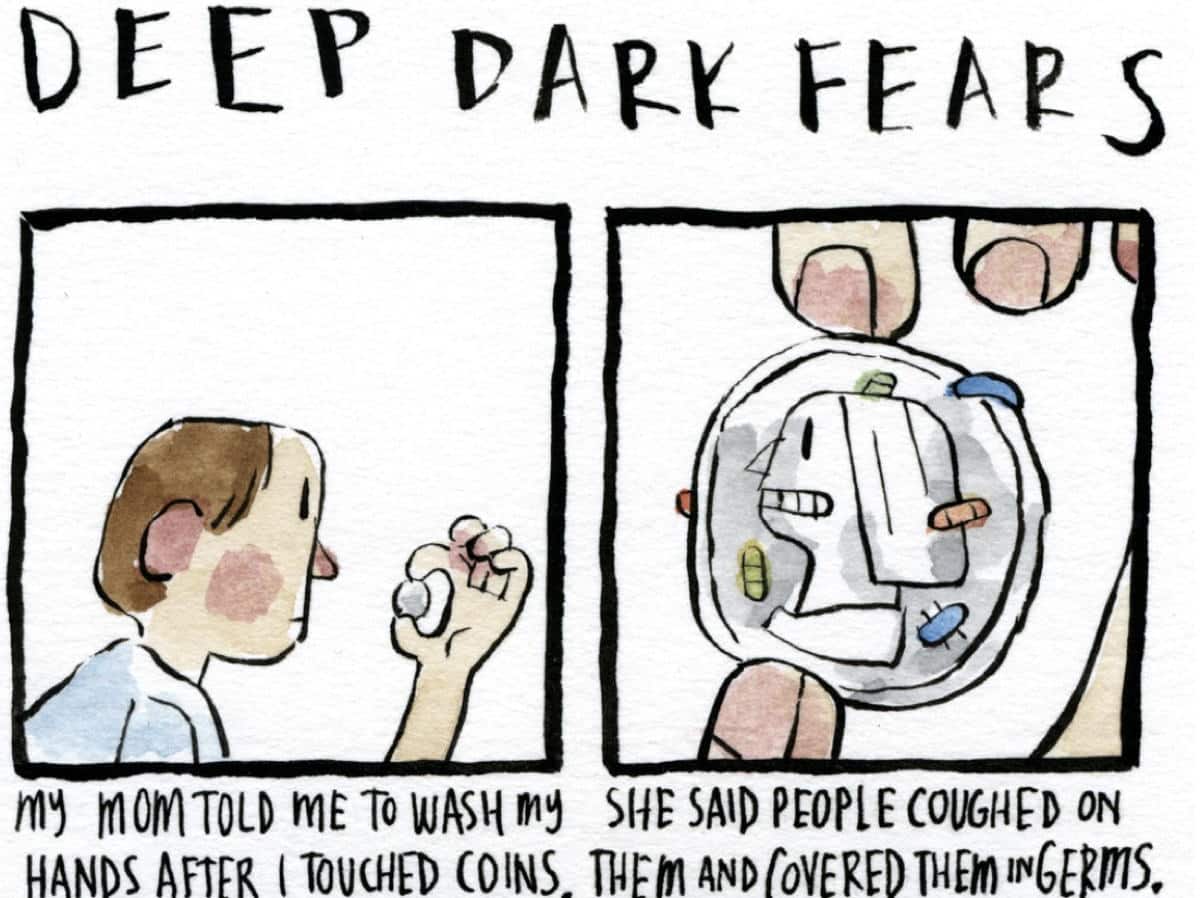NEW DELHI: If you are a woman and are planning to conceive, be mindful of the things you have around you.
A recent study has revealed that exposure to phthalates, commonly found in household products like vinyl flooring, lubricating oils, and personal-care products (soaps, shampoos, hair sprays) may lower your probability of getting pregnant, as these can change reproductive hormones, and increase inflammation and oxidative stress.However, no consistent association was observed with pregnancy loss.
The study conducted by University of Massachusetts Amherst environmental and reproductive epidemiologist, recently published in the journal Environmental Health Perspectives, stated that the pre-and periconception periods may represent sensitive windows for intervening to limit the reproductive toxicity of phthalate exposure.
In light of these findings, doctors across the city say that it’s crucial for women planning to conceive to be mindful of their environment and make efforts to reduce exposure to phthalates, which are a group of chemicals. Toxins can act through ingestion, inhalation or direct contact through skin.
“Exposure to chemicals and toxins can pose reproductive hazards to women,” said Dr Tripti Sharan, Director, Obstetrics & Gynaecology, Centre For Women Health, BLK Max Super Speciality Hospital. Explaining it, she said, reproductive hazard can affect hormones and ovarian function causing menstrual problems, delayed conception, reduced fertility, premature menopause or premature ovarian insufficiency. However, there is a need to further research the dose and duration of exposure, so they can be used safely.
Advising phthalate-free alternatives or a move to organic options, Dr Rashmi Baliyan, Gynaecologist and Obstetrician Consultant, Primus Super Speciality Hospital, said, “women who are planning for pregnancy should be vigilant about their product choices. It is advisable to follow a holistic approach to preconception care, including a nutrient-rich diet, regular exercise, and stress management.”
Echoing similar views, Dr Ruby Sehra, Unit Head and Sr consultant, Gynaecology and Obstetrics at Sri Balaji Action Medical Institute, said, “opting for phthalate-free personal care products, choosing natural cleaning agents, and avoiding excessive use of vinyl-based products are practical steps.” She further said that despite the potential impact on conception, it’s important that the studies haven’t shown an association with pregnancy loss, offering some reassurance to those already pregnant.
“For women facing challenges with conception, it’s crucial to consider lifestyle factors, including exposure to environmental chemicals like phthalates,” said Dr Pankaj Verma, Senior Consultant, Internal Medicine, Narayana Hospital. He added that despite the challenge of controlling exposure due to the ubiquitous nature of phthalates, acknowledging their proven negative impact on women’s reproductive health suggests the potential utility of selective restrictions, not necessarily advocating for a complete ban.
According to researchers, Phthalates function as endocrine disruptors and it has demonstrated systemically to increase inflammation and oxidative stress. They further stated that the body breaks down phthalates into metabolites that are excreted in urine and can be analyzed. The researchers measured 20 phthalate metabolites in urine samples taken when the participants enrolled in the study.
They found that three parent compounds seem to be most strongly associated with taking longer to get pregnant, although they saw a general trend toward it taking longer to get pregnant across the phthalates they looked at. Effect was more in case the exposure got higher.
A recent study has revealed that exposure to phthalates, commonly found in household products like vinyl flooring, lubricating oils, and personal-care products (soaps, shampoos, hair sprays) may lower your probability of getting pregnant, as these can change reproductive hormones, and increase inflammation and oxidative stress.However, no consistent association was observed with pregnancy loss.
The study conducted by University of Massachusetts Amherst environmental and reproductive epidemiologist, recently published in the journal Environmental Health Perspectives, stated that the pre-and periconception periods may represent sensitive windows for intervening to limit the reproductive toxicity of phthalate exposure.
In light of these findings, doctors across the city say that it’s crucial for women planning to conceive to be mindful of their environment and make efforts to reduce exposure to phthalates, which are a group of chemicals. Toxins can act through ingestion, inhalation or direct contact through skin.
“Exposure to chemicals and toxins can pose reproductive hazards to women,” said Dr Tripti Sharan, Director, Obstetrics & Gynaecology, Centre For Women Health, BLK Max Super Speciality Hospital. Explaining it, she said, reproductive hazard can affect hormones and ovarian function causing menstrual problems, delayed conception, reduced fertility, premature menopause or premature ovarian insufficiency. However, there is a need to further research the dose and duration of exposure, so they can be used safely.
Advising phthalate-free alternatives or a move to organic options, Dr Rashmi Baliyan, Gynaecologist and Obstetrician Consultant, Primus Super Speciality Hospital, said, “women who are planning for pregnancy should be vigilant about their product choices. It is advisable to follow a holistic approach to preconception care, including a nutrient-rich diet, regular exercise, and stress management.”
Echoing similar views, Dr Ruby Sehra, Unit Head and Sr consultant, Gynaecology and Obstetrics at Sri Balaji Action Medical Institute, said, “opting for phthalate-free personal care products, choosing natural cleaning agents, and avoiding excessive use of vinyl-based products are practical steps.” She further said that despite the potential impact on conception, it’s important that the studies haven’t shown an association with pregnancy loss, offering some reassurance to those already pregnant.
“For women facing challenges with conception, it’s crucial to consider lifestyle factors, including exposure to environmental chemicals like phthalates,” said Dr Pankaj Verma, Senior Consultant, Internal Medicine, Narayana Hospital. He added that despite the challenge of controlling exposure due to the ubiquitous nature of phthalates, acknowledging their proven negative impact on women’s reproductive health suggests the potential utility of selective restrictions, not necessarily advocating for a complete ban.
According to researchers, Phthalates function as endocrine disruptors and it has demonstrated systemically to increase inflammation and oxidative stress. They further stated that the body breaks down phthalates into metabolites that are excreted in urine and can be analyzed. The researchers measured 20 phthalate metabolites in urine samples taken when the participants enrolled in the study.
They found that three parent compounds seem to be most strongly associated with taking longer to get pregnant, although they saw a general trend toward it taking longer to get pregnant across the phthalates they looked at. Effect was more in case the exposure got higher.







:max_bytes(150000):strip_icc()/SPR-use-hydrogen-peroxide-to-clean-bathroom-floors-11831775-5ff6ad308f834f22b73077bd1388e2aa.jpg)
